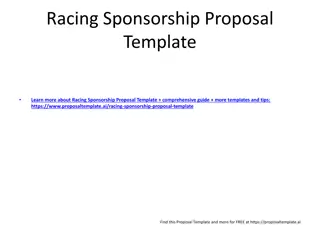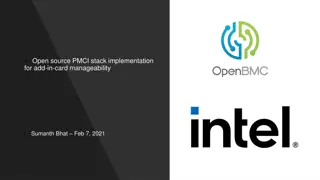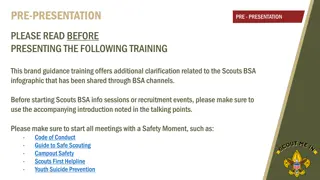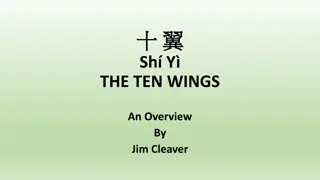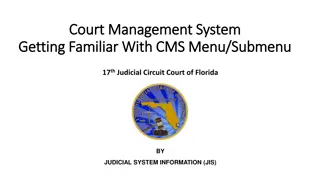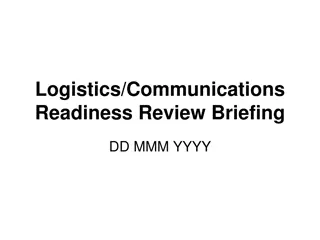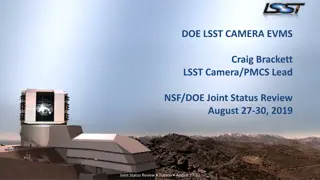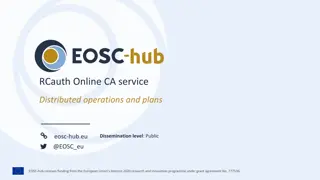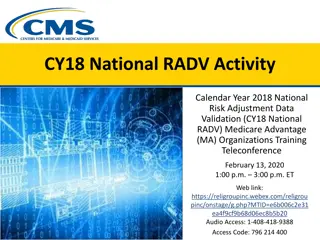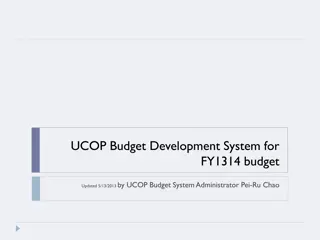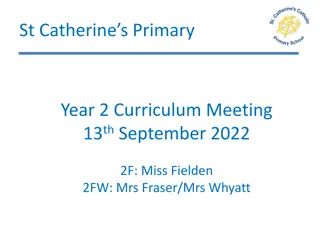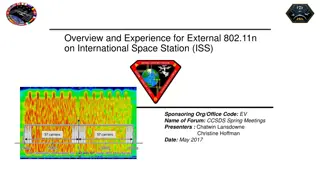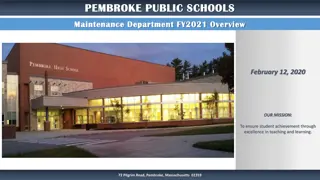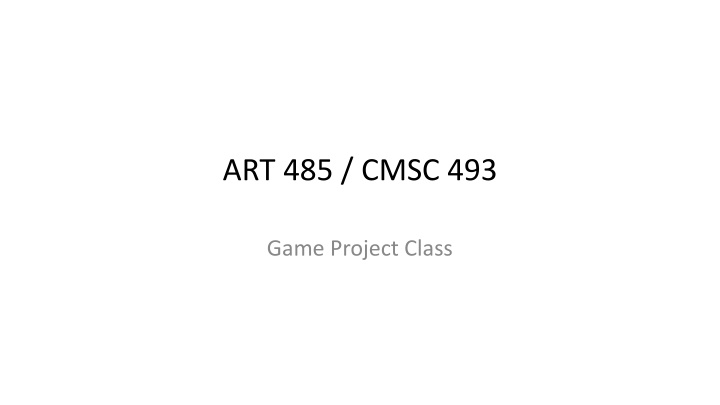
Innovative Game Development and Pitching Strategies
Explore the journey of ART.485/CMSC.493 Game Project Class led by Marc Olano, featuring insights on game programming, team development, challenges, and successes in the gaming industry. Learn about project evolution, industry standards, and advanced technologies like 3D scanners and high-resolution VR displays. Discover effective pitching techniques for game ideas through collaborative presentations and practical demos.
Download Presentation

Please find below an Image/Link to download the presentation.
The content on the website is provided AS IS for your information and personal use only. It may not be sold, licensed, or shared on other websites without obtaining consent from the author. If you encounter any issues during the download, it is possible that the publisher has removed the file from their server.
You are allowed to download the files provided on this website for personal or commercial use, subject to the condition that they are used lawfully. All files are the property of their respective owners.
The content on the website is provided AS IS for your information and personal use only. It may not be sold, licensed, or shared on other websites without obtaining consent from the author.
E N D
Presentation Transcript
ART 485 / CMSC 493 Game Project Class
Introduction Game programming experience Team development Adversity Cancelled projects, reassignment Success Demo for professional game developers
Who am I? Marc Olano BS EE, University of Illinois Plus Visualization, Theatre Lighting Design PhD CS, University of North Carolina First graphics hardware shading Normal maps, Some ideas used on GPUs 4 years Silicon Graphics Cramming shading into non-programmable hardware Here since 2002 Sabbatical at Firaxis Games (Civilization V), Epic Games (UE4) Work w/ 2K, Activision, Big Huge, Treyarch, Oxide
In the beginning This class in 2009 AAA tools, AAA complexity Gamebryo + WWise + Scaleform All used in some real AAA games All poorly documented, steep learning curve 1 person-month to integrate Scaleform & Gamebryo Legal encumbrance
Riding the pendulum This class in 2010 Tiny teams, Tiny 2D games Some awesome, some less awesome Maybe too tiny Little programming complexity I ve seen High School students do better OK, so they were Imagine Cup finalist HS students
The Goldilocks Version? Survival of the fittest Just like the real world :) Best ideas get 2-3 person 2-week prototype Best prototypes get 5-8 person team 6 weeks development 2 weeks to refine it 2 weeks to make it bulletproof Industry demo
Cool Toys One project should use our 3D scanner Creates 3D models and textures of objects & people from 94-camera rig One project should use PI2 6x4 grid of Stereo HD displays with tracking Crazy high-res VR (11520 x 4320) 11520 x 4320 anything!
How to Pitch Look at rubric, due midnight SUNDAY Create five slide pitch in Google Docs Share it with me I will merge into one mondo presentation 3 minute presentations Over 3 minutes = -10% (practice!) +1 minute question(s)
Your Pitch Slide 1: Elevator pitch 2 sentences, 10 seconds Slide 2: Demographics Who is your target player, why will they like it? Similar games that succeeded Slide 3: Mechanic What do your players do? Why is that fun? Slide 4: Technical Time and resources Slide 5: Style What will the game look like? (possible screen mock-up) What is the artistic style? (images from other games or artists)
Considerations Can this game be finished in a semester? Does something about it stand out Artistic style Unique or unusual tech Theme or gameplay Will it enhance your portfolio?
Unity3D / Unreal Engine In the lab: Unity Unreal (not installed, will be soon) I ll select the tool I think will work best for you Unless you have a compelling reason to use something else And can convince me
Ethics You can use external toolkits and code If you have the rights And you credit them But you need to make your own game The design must be yours The art must be yours The core game code must be yours
Grading Personal Team 10% Pitch 10% Prototype Due 2/19 5% URCAD Draft 2/19, Final 2/22 Attend 4/24 35% Sprints Every two weeks 10% Final demo Schedule in finals week Due Sunday 10% Portfolio & Site Due 5/2 20% Perf. & Attendance All semester Your teammates are depending on you! No text, no final = you must attend

![❤[READ]❤ Deep Space Craft: An Overview of Interplanetary Flight (Springer Praxis](/thumb/21511/read-deep-space-craft-an-overview-of-interplanetary-flight-springer-praxis.jpg)



